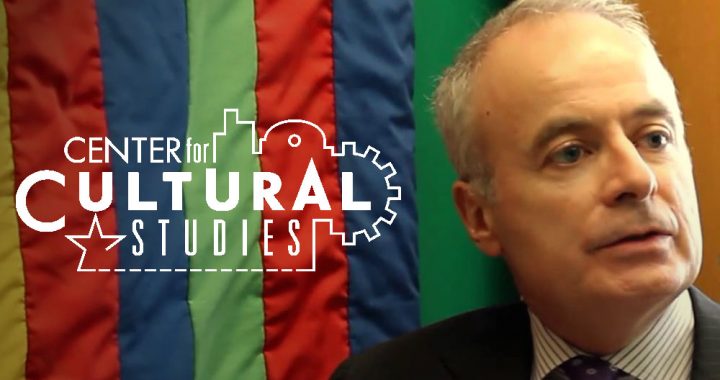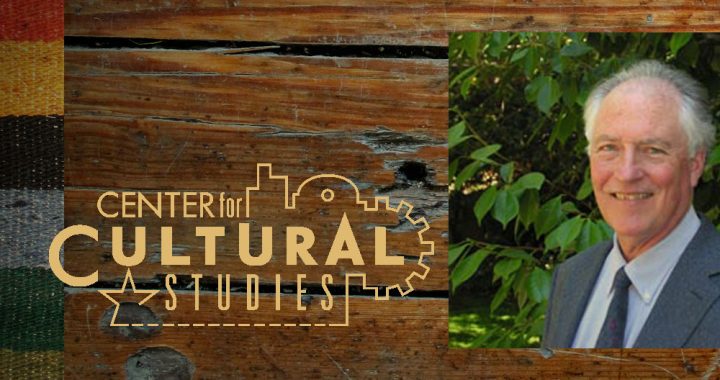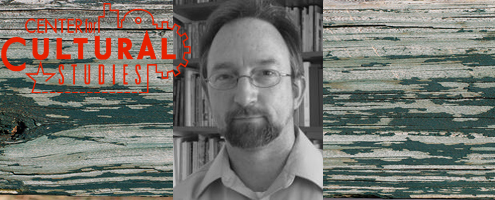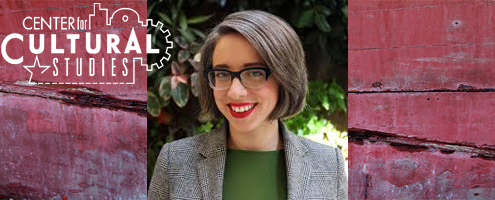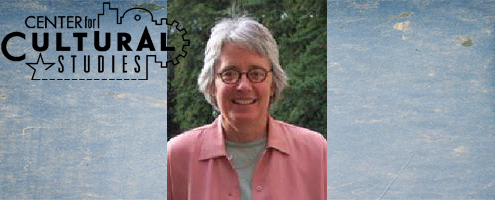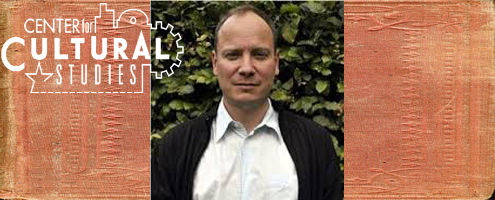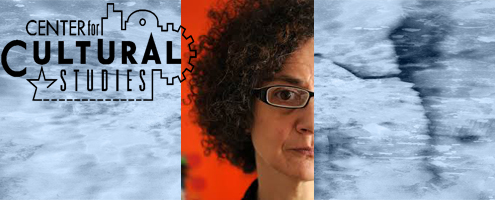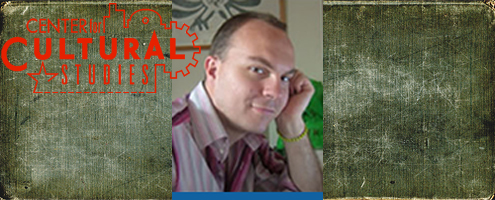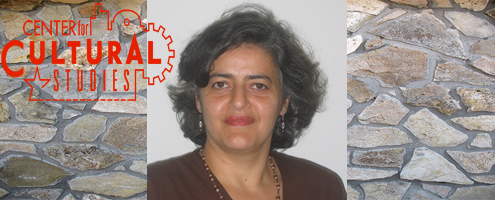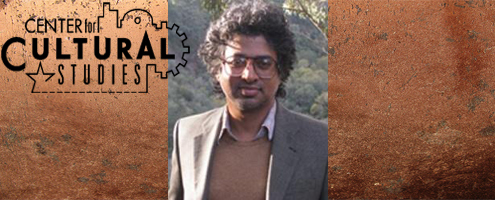This talk is located in a shattered, yet intelligible zone defined by being in life without wanting the world–a state traversing misery and detachment that, the talk claims, is well-known to historically structurally subordinated people (people of color, of non-normative sexuality, proletarianized laborers . . .). Reading with Claudia Rankine (Don’t Let Me Be Lonely), the novel and film of A Single Man (Christopher Isherwood, 1964; Tom Ford, 2009), and Harryette Mullen (Sleeping with the Dictionary (2002), it describes life at the limit of optimism in terms of a dissociative poetics.
Lauren Berlant teaches English at the University of Chicago. Her national sentimentality trilogy — The Anatomy of National Fantasy (1991), The Queen of America Goes to Washington City (1997) and The Female Complaint (2008) — has morphed into a quartet, with Cruel Optimism (2011) addressing precarious publics and the aesthetics of affective adjustment in the contemporary US and Europe. Her interest in affect, aesthetics, and politics is also expressed in the edited volumes Intimacy (2000), Compassion(2004), and On the Case (Critical Inquiry, 2007). Her most recent sexuality books are Desire/Love (2012) and, with Lee Edelman, Sex, or the Unbearable (2014). Her current projects are to do with modes of comic and of recessive affective performance in relation to critical theory, political emotion, and imaginaries of the social.

